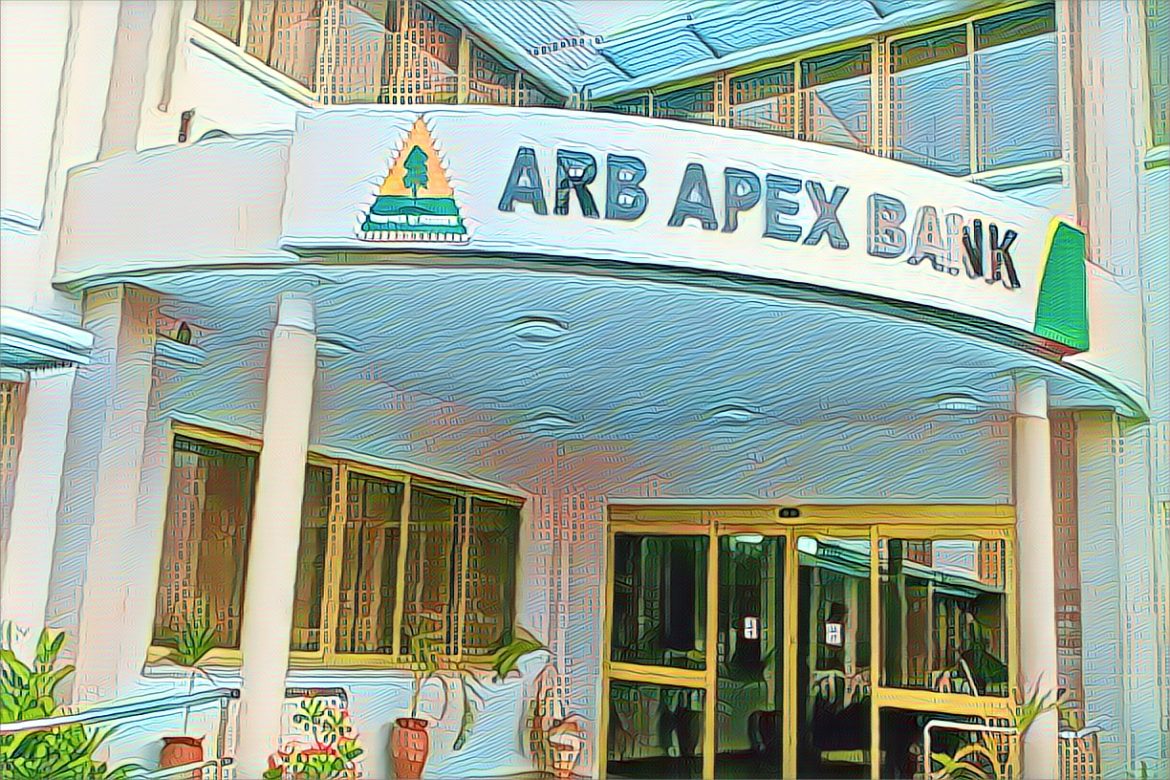Rural and community banks (RCBs) in Ghana are facing a challenging economic situation due to high taxes and frozen funds, according to the Association of Rural Banks (ARB) Apex Bank. The association has called on the government to consider tax reductions and debt relief for RCBs to enable them to continue their vital role in providing financial services to rural areas.
RCBs are the largest providers of formal financial services in rural areas and represent about half of the total banking outlets in Ghana, according to the World Bank. They offer credit, savings, and payment facilities to small traders, farmers, and low-income households who often lack access to universal banks.
However, RCBs have seen their operations significantly impeded by a substantial increase in tax rates. The government has raised the corporate tax rate on these banks from 8% to a staggering 25%. This dramatic tax hike has made it increasingly challenging for RCBs to fulfill their social corporate responsibilities in vital sectors such as education, healthcare, water and sanitation, police stations, and infrastructure development.
According to Mr. Alex Kwasi Awuah, Managing Director of the ARB Apex Bank, RCBs face substantial operational costs in serving their catchment areas, particularly in rural areas and communities where universal banks often hesitate to enter. Recognizing their unique mission, he urged the government to consider tax incentives for RCBs. Such tax incentives would not only encourage RCBs to continue their vital work but also promote financial inclusion and rural development.
Additionally, Mr. Awuah pointed out another pressing issue RCBs face, the Domestic Debt Exchange Program (DDEP), which has inadvertently burdened the banks’ capital and profitability. As a result, more than GHC 400 million belonging to RCBs is locked up with the Securities and Exchange Commission and Regulated Financial Houses, further affecting their financial stability.
The DDEP was a voluntary invitation to holders of selected government debt instruments to surrender them in exchange for new bonds issued at new rates and maturities. The new rates and maturities meant a value loss for investors, including banks.
Mr. Awuah said that these locked-up funds could have been invested in productive sectors of the economy, creating more jobs, transforming lives, and improving the value of the banks’ shareholders. He also said that the DDEP has constrained the ability of many RCBs to raise additional equity and increase the speed of expansion of their operations.
He appealed to the government to do something drastic immediately to get the investments released to the RCBs. He said that this would ease the burden on the directors and CEOs of the banks and enable them to strategize and create better values for the banks on behalf of the shareholders.
The ARB Apex Bank is an umbrella organization for all RCBs in Ghana. It provides banking and non-banking services such as liquidity management, clearing house services, training and capacity building, audit, and inspection, among others.
The association held its 22nd Annual CEOs Conference of Rural and Community Banks in Ho, the Volta Regional capital, where it discussed these crucial issues and sought solutions that balance the financial sustainability of rural banks and their commitment to corporate social responsibility, ultimately contributing to the growth and development of rural areas across the nation.
Despite these challenges, RCBs remain optimistic about their future prospects and are determined to overcome the difficulties with innovation and resilience. They also hope that the government will support them with favorable policies and interventions that will enable them to serve their customers better.
Source: GhanaWeb




